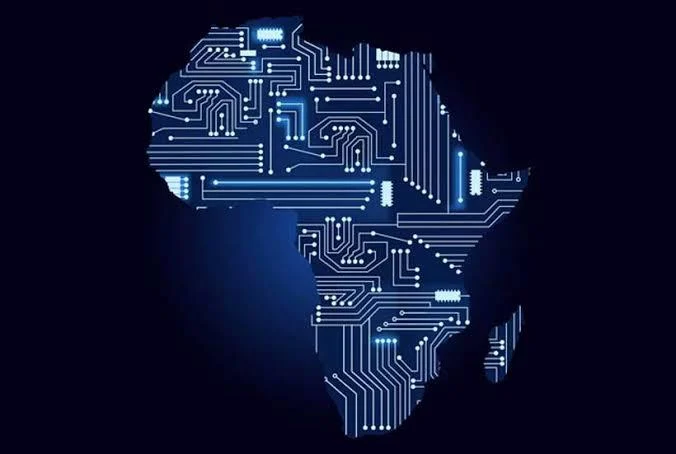Africa’s Digital Economy Hits $180 Billion – Here’s What It Means for Uganda

Africa’s digital economy is now worth over Shs 680 trillion—and this is just the beginning.
But what does that even mean for a typical Ugandan who sells newspapers in the taxi park, owns a boda boda, or simply has a smartphone?
The digital economy in itself refers to business activity that runs on the internet and technology. Think of mobile money, online shopping like Jumia, social media influencing, apps like SafeBoda or Glovo, and even when you promote your products on WhatsApp. All that is part of the digital economy.
According to the International Finance Corporation (IFC) and Google, Africa’s digital economy is expected to hit $712 billion by 2050. Today, it’s already valued at over $180 billion.
The money is flowing through online trade on e-commerce platforms, tech startups and innovations like Uganda’s own Yo-Waste or Xente, digital banking and mobile money, social media marketing, and apps and software solutions that solve everyday problems.
This value is created when people use digital tools to do business, communicate, provide services, and access global markets.
Uganda’s internet penetration is growing—today, about 26.1 million people are actively online, meaning over half the population uses the internet, according to the Uganda Communications Commission’s Q1 2025 Digital Landscape Report.
Social media has become not just a place for jokes and gossip but for serious business. Vendors now advertise clothes on TikTok. Farmers are getting market prices via SMS. Journalists use Twitter/X to break news instantly.
Even in the informal sector, if you receive payments via mobile money, use Facebook to reach customers, or use a digital tool like Excel, you are already part of the digital economy.
If you sell news, content, or media—digitally or physically—you’re sitting on gold. Even a small radio station can live stream. Newspapers can go online and reach a wider audience. Businesses are spending more on digital ads than print.
The calls to action include learning how to run online ads, rent page space, and much more. Even a small news outlet can track what stories are trending and create content that attracts traffic. Most Ugandans access news via phone—optimise for that.
Uganda’s Digital Uganda Vision aims to grow the ICT sector, create 300,000 digital jobs, and improve internet access. That means more training, more infrastructure, and more space for youth to tap into this digital goldmine.
Still, challenges remain. Data is expensive. The digital skills gap is high. Rural areas are still left behind. Internet speeds outside major towns are slow. But this can change with the right investment and training.
The digital economy is not just for techies or elites. It’s for the market woman selling via WhatsApp, the TV reporter tweeting breaking news, and the news trader sharing scoops on Facebook.
Uganda may be small, but with innovation, skills, and the right tools, we can claim our slice of that $180 billion digital cake.



0 Comments